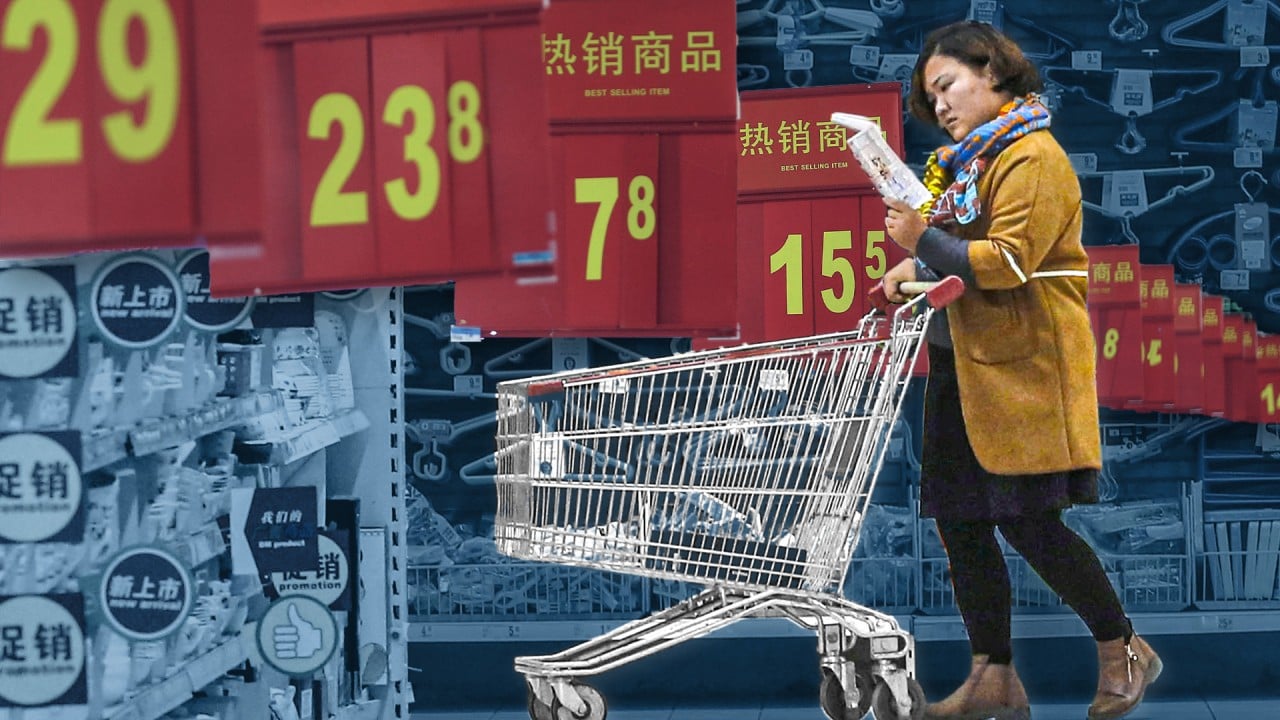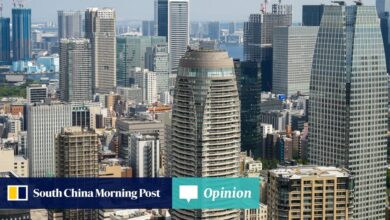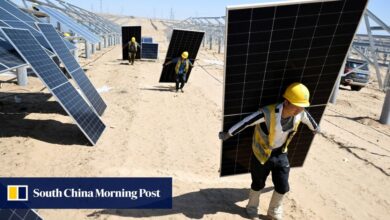China’s central bank enters treasury bond market with net buy of 100 billion yuan

China’s central bank has conducted its first treasury bond trade in nearly two decades in open markets, debuting a long-awaited monetary tool to help manage the domestic bond market and stabilise the economy.
The move follows comments from bank governor Pan Gongsheng over the necessity of “incremental policies” as a means of steadying the national economy during interviews with state media and an address at a recent symposium.
“We must take a supportive monetary policy stance, enhance countercyclical adjustments and increase financial support for the real economy through a variety of policy tools,” Pan said to an audience of economists and heads of state-owned financial institutions.
The conference was held on Monday, but the details of Pan’s speech were only disclosed on the central bank’s website on Thursday.
“The PBOC will study and prepare incremental policies and strengthen coordination of macro policies to consolidate and enhance momentum for economic rebound,” Pan said.
On Thursday, investment bank UBS slashed China’s 2024 GDP growth estimate to 4.6 per cent from 4.9 per cent and lowered next year’s expansion estimate by 0.6 percentage points to 4 per cent, citing “a deeper-than-expected property downturn which has yet to bottom”.
The PBOC said in a statement on Thursday that it bought 400 billion yuan of 10-year and 15-year special government bonds from open-market operations, initially sold by the finance ministry to designated lenders earlier this month with an expiry of the same amount.
While this was a continuation of debt rollover and did not directly boost liquidity – and similar operations were conducted in 2022 and 2017 – analysts expect more supportive measures to come.
“We still expect monetary loosening in the future, as the economy hasn’t picked up in the third quarter,” said Ding Shuang, chief Greater China economist at Standard Chartered Bank, predicting cuts in banks’ reserve requirement ratios to boost liquidity.
“The implementation of fiscal policy, particularly the issuance of special bonds and the effective allocation of their funds, is more crucial,” he said, “as it provides relatively faster support to the economy.”
Speculation on this front has ushered in a comeback for the yuan’s exchange rate against the US dollar, with the offshore rate reaching a 2024 high of 7.07 by Friday afternoon.
Source link




